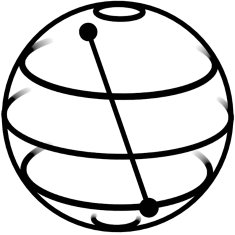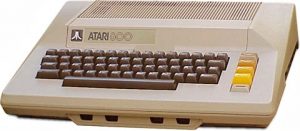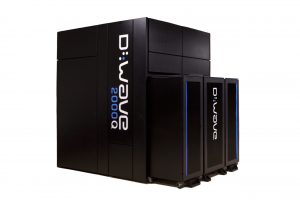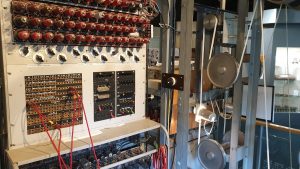Quantum Code from Home
Last weekend, I wrote my first ever piece of quantum code and ran it on IBM Watson – one of the most powerful computers in the World.
Why is this such a big deal? Two main reasons – first of all I never thought this would be possible in my lifetime let alone performed by myself; and secondly, quantum computing represents such a giant leap from regular computers that it is still the subject of science fiction.
Yet, in 2019 Google announced quantum supremacy stating that in just 3 minutes and 20 seconds their quantum Sycamore device completed a task that “would have taken IBM’s Summit, the world’s most powerful supercomputer, some 10,000 years”.
Turning Back the Clock
If we turn the clock back just half a generation; Windows 1.0 was not released until 1985, Macintosh System Software was not released until 1984 and the UK was awash with computer offerings such as the Atari 400, the Sinclair Spectrum, Commodore Vic 20 and the Jupiter Ace.
In 1981, my high school maths department got the school’s first ever computer – a Research Machines 380Z running CP/M and Basic and the head of maths created a Computer Club.
God Does not Play Dice
Around the same time, the Guardian Newspaper ran an article entitled “God does not play dice” which tried to give a layman’s description of quantum mechanics – something that was first theorised by Albert Einstein; Paul Benioff proposed a quantum mechanical model of the Turing machine; and Richard Feynman and Yuri Manin later suggested that a quantum computer had the potential to simulate things that a classical computer could not.
The Speed of Change
In 1994, there was no quantum computer in sight; just 3 years later in 1997, the first tiny quantum computer was built; and then the field really took off when the Canadian startup D-Wave revealed its 28-qubit quantum computer in 2007.
As late as 2017 Ted Talks and other lectures still spoke with futuristic fervour about the power of these great computers if they were ever created; and now just 3 years later they are available on the Cloud in limited form for anybody to run programs on, so long as they are willing to submit their programs to a queue to be executed behind every interested person in the world who got there before them.
So, what of the future?
Quantum computing is such a giant leap forward in compute power that the implications for encryption are massive; which means that it is a strategic goal for any Government that wants to be taken seriously by the rest of the world. Unlike the nuclear bomb which no country wants to use, true quantum computing is fair game and would potentially expose every password protected system in the World – from military, to finance to the key to Grandma’s pacemaker.
Secret Machines
Turing’s Bombe was such a closely guarded secret in WWII that soldiers, ships and cities had to be tactically sacrificed in order to prevent its existence being discovered.
Tommy Flowers’ Colossus was such a closely guarded secret that in post war England the bank refused a loan to build a programmable electronic computer because it was impossible – when Flowers had already built 11 for the war effort.
If Joe Public already has access to Quantum Computing, then what does the Government have?
Whatever the risks; it looks like the age of Quantum computers is upon us and it is already available in limited form in The Cloud.
John Dunning works for 1Tech, an AWS Cloud Partner.




